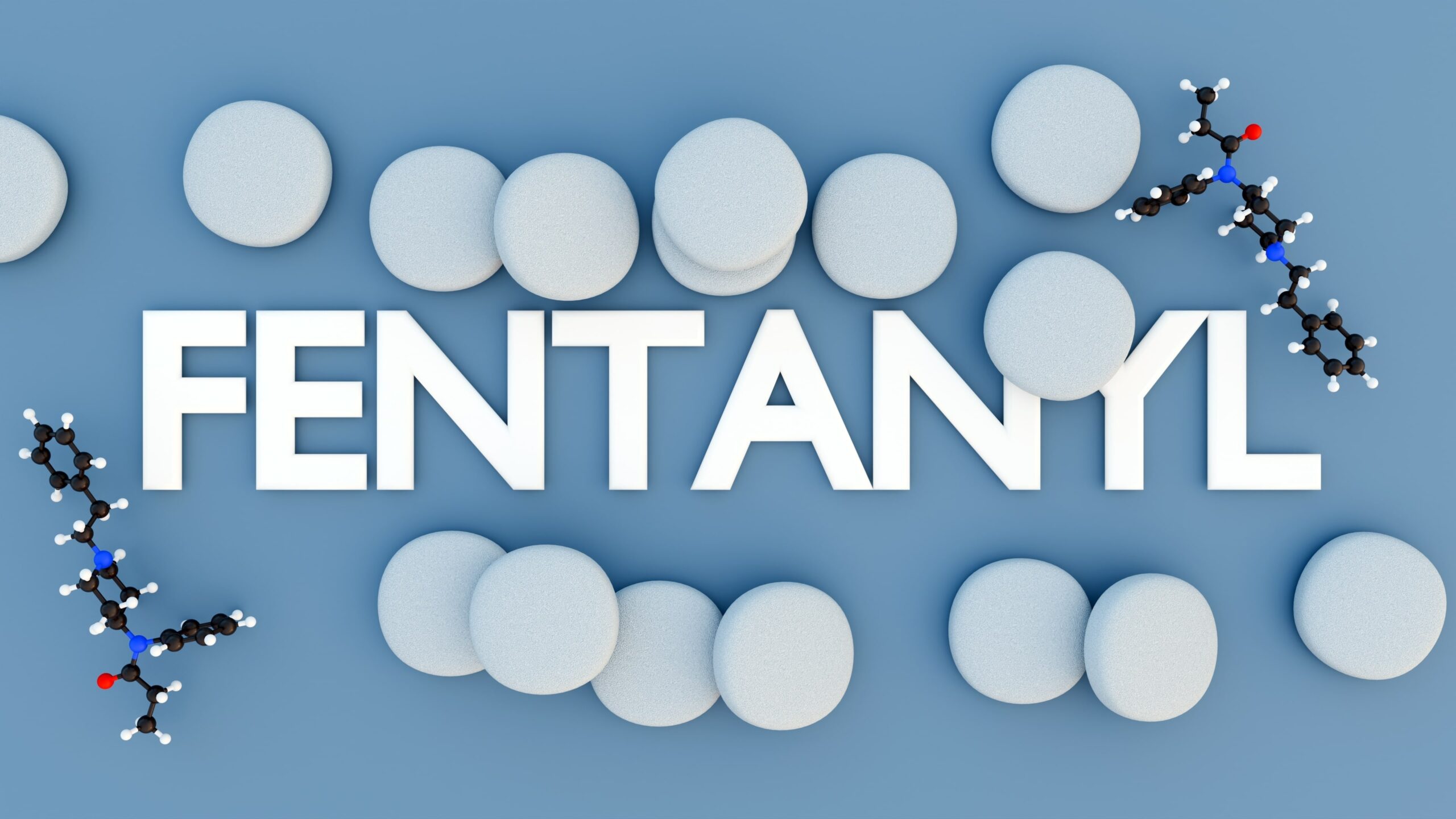The rapid rise of artificial intelligence (AI) has enabled the creation of highly realistic, non-consensual sexual imagery, commonly known as deepfake pornography. In Utah, distributing or creating AI-generated pornographic or intimate images of someone without their consent is expressly illegal under the state’s “counterfeit intimate images” law. To safeguard individuals’ privacy, dignity, and consent rights, this offense is taken seriously and subject to criminal penalties.
Utah AI-Generated Pornography Defense Attorney
If you’re accused of creating or distributing non-consensual AI-generated intimate imagery, you need a defense lawyer who understands both the evolving nature of artificial intelligence and the legal framework surrounding intimate image law in Utah. At Susanne Gustin, Attorney at Law, we offer compassionate yet resolute defense strategies including:
- Detailed review of the digital content, creation methods, and intent behind the image production
- Investigation into whether the depicted individual consented, to the content and its distribution
- Legal challenges to the sufficiency of evidence, including intent, knowledge, and mental state
- Advocacy to avoid or minimize repercussions such as sex offender registry requirements, felony records, and prison sentences
Facing allegations related to AI-generated intimate content can be overwhelming. Our firm serves clients in Salt Lake County, Davis County, and throughout Utah, ensuring that your rights are protected and your story is heard.
Call (801) 243-2814 today for your free and confidential consultation.
Information Center
- Legal Definition and Scope
- Key Elements a Jury Considers in AI-Generated Pornography/Deepfake Cases
- Penalties for Creating or Distributing AI-Generated Pornography/Deepfakes in Utah
- Statute of Limitations in Utah
- Defenses in AI-Generated Intimate Image Cases
- Frequently Asked Questions
- Additional Resources
Legal Definition and Scope
Utah Code § 76-5b-205 defines “counterfeit intimate image” as any photograph, video, or computer-generated depiction that’s been edited or created to show an identifiable individual engaging in sexual or nude behavior without consent. This includes AI-generated or deepfake images. Under this law, it’s illegal to knowingly distribute such images when:
- The depicted individual did not consent to either the creation or distribution.
- Distribution of the image is likely to cause emotional or physical harm to a reasonable person. That applies to images showing exposed genitalia, breasts, or sexual conduct, real or simulated, regardless of intent to share publicly or privately.
Key Elements a Jury Considers in AI-Generated Pornography/Deepfake Cases
The Jury needs to consider the following elements within the case.
Proof of Knowing Creation or Distribution — In an AI-generated pornography or deepfake prosecution, jurors must determine whether the State has proven beyond a reasonable doubt that the accused knowingly created, altered, or distributed the intimate image without the depicted person’s consent. Utah law requires a showing of intent or awareness, meaning the accused understood that the image or video was sexual in nature and represented a real, identifiable person. The prosecution must prove the defendant was not simply in possession of the material by accident or through an automated system without their knowledge. This element ensures that innocent possession, such as receiving an unsolicited file and deleting it immediately, does not result in a conviction.
Awareness of the Victim’s Identity and Lack of Consent — Another key factor is whether the accused knew, or should have reasonably known, that the person depicted did not consent to the creation or distribution of the sexualized image. Jurors may consider the relationship between the accused and the alleged victim, prior communications, and any explicit or implied requests for privacy. The law applies even if the sexual content is artificially generated but convincingly depicts the victim, so long as a reasonable person would recognize them.
Nature and Purpose of the Content — Jurors will examine whether the AI-generated image or video was created or distributed with the intent to harass, embarrass, threaten, or harm the depicted person. Even if the accused claims it was a “joke” or for “artistic expression,” the jury may find criminal intent if the context suggests a purpose to cause emotional distress or reputational damage. The realistic and graphic nature of deepfake content often weighs heavily in this analysis, especially when posted to social media or sent to acquaintances of the victim.
Distribution and Scope of Harm — The scope of distribution is another critical consideration. Sharing a deepfake privately to one person may be viewed differently from uploading it to a public website or large group chat. The wider the dissemination, the greater the potential harm, and the more likely jurors are to view the act as deliberate and malicious. Evidence of repeated sharing or posting to pornography platforms can significantly strengthen the prosecution’s case.
Credibility and Corroboration of Evidence — Because these cases often rely on digital evidence, jurors will closely evaluate the reliability of expert testimony, metadata, device forensics, and witness statements. The prosecution may present logs from editing software, cloud storage accounts, or messaging apps to prove the defendant’s involvement. The defense may counter with expert analysis challenging the authenticity or chain of custody of the evidence. Jurors will weigh the credibility of all witnesses, including the alleged victim, the defendant, and any digital forensics experts.
Penalties for Creating or Distributing AI-Generated Pornography/Deepfakes in Utah
Utah takes the creation and distribution of AI-generated sexual content, also known as “deepfake pornography” or “counterfeit intimate images,” extremely seriously. The penalties depend on several factors, including the age of the depicted person, whether the content was created or merely shared, the accused’s criminal history, and the harm caused to the victim.
Class A Misdemeanor (Adults Depicted)
When the depicted person is an adult and the accused knowingly created, possessed, or distributed the counterfeit intimate image without consent, the offense is generally charged as a Class A misdemeanor. This is punishable by:
- Up to 364 days in county jail
- Fines of up to $2,500
- A permanent criminal record, which can impact employment, housing, and professional licensing
Felony Charges (Minors Depicted or Aggravating Circumstances)
If the counterfeit intimate image depicts a minor, the charge escalates significantly. Creating or distributing AI-generated pornography involving a minor is treated similarly to possession or distribution of child sexual abuse material (CSAM). Depending on the circumstances, this can be charged as a second- or third-degree felony, carrying:
- Prison sentences of 1 to 15 years
- Fines up to $10,000
- Mandatory sex offender registration under Utah’s Sex and Kidnap Offender Registry
Even if the victim is an adult, aggravating factors, such as prior convictions for similar offenses, intent to cause significant emotional distress, or mass distribution online, can also raise the crime to a felony level.
Cumulative Penalties
Each individual image or video can be charged as a separate offense. This means that having five counterfeit images of the same person, or of different people, could result in multiple charges and dramatically increase potential sentencing exposure.
Restitution and Civil Liability
In addition to criminal penalties, courts may order the defendant to pay restitution for therapy, lost income, and other damages caused to the victim. The victim may also pursue a separate civil lawsuit for invasion of privacy, defamation, or intentional infliction of emotional distress.
Long-Term Consequences
A conviction, especially one involving minors, can result in lifetime restrictions on where you live, work, or travel due to sex offender registration requirements. It can also lead to permanent removal from certain professional fields, denial of professional licenses, and lasting damage to personal relationships.
Statute of Limitations in Utah
Utah law sets a strict time limit on prosecuting deepfake or AI-generated intimate image crimes. The state must file charges within five years of discovering the offense or from when it should reasonably have been known. This creates a limited window for legal action, especially if the victim remains unaware of the image’s creation or distribution. Navigating these timelines is critical—both for victims seeking justice and those mounting a defense.
Defenses in AI-Generated Intimate Image Cases
Key defenses may include:
- Consent from the Depicted Person: If the subject fully consented to both the image creation and its distribution, this may negate unlawful offense.
- Lack of Intent or Knowledge: The defense can show either that the individual didn’t know the image was counterfeit, or didn’t realize the distribution would cause harm—arguing the absence of criminal intent.
- Incidental Distribution or Provider Immunity: Utah law exempts internet service providers who merely facilitate transmission without knowledge or intent, as long as they promptly remove content upon notice.
- First Amendment Arguments: Where the content serves purposes such as parody, news, or public interest, it may be legally protected—a defense strategy in limited scenarios.
- Error in Identification: Demonstrating that the subject of the image was not the person claimed, or intentionally misidentified, can negate the offense.
Frequently Asked Questions
What is considered AI-generated pornography or a deepfake under Utah law?
Utah law defines a “counterfeit intimate image” as any sexual or nude depiction—real or computer-generated—showing an identifiable individual without their consent. This includes AI-generated “deepfakes” that realistically portray a person engaging in sexual conduct they never actually performed.
Can I be charged even if the person depicted is not fully nude?
Yes. Utah’s law covers depictions that show intimate body parts, simulated sexual activity, or otherwise sexualized portrayals of a person without their consent. Clothing or partial coverage does not necessarily exempt a depiction from being illegal if it meets the definition of a counterfeit intimate image.
What if I didn’t create the image but shared it online?
Distributing an AI-generated or deepfake intimate image without consent is also a crime in Utah, even if you did not make it. The law applies to anyone who knowingly shares or publishes such content when it is likely to cause harm to a reasonable person.
How serious are the penalties for creating or distributing deepfake pornography in Utah?
Penalties vary by the victim’s age and the offender’s criminal history. Distributing counterfeit intimate images of an adult is typically a Class A misdemeanor, punishable by up to one year in jail. If the depicted person is a minor, or the accused has prior offenses, the crime can be charged as a felony with multi-year prison sentences.
Does Utah’s law apply to AI-generated images of celebrities or public figures?
Yes. Even if the victim is a public figure, Utah law prohibits creating or distributing sexualized counterfeit images of them without consent. The standard remains whether the image is identifiable and likely to cause emotional or reputational harm.
Is consent to create the image the same as consent to share it?
No. A person may consent to private creation of sexual content but not to its public or private distribution. Under Utah law, consent must be specific to both creation and distribution. Sharing without both forms of consent can result in criminal charges.
How long does Utah have to file charges for AI-generated pornography?
Utah generally has five years from the date the crime is discovered to file charges for counterfeit intimate images. This time limit can be critical in both prosecuting and defending these cases, especially when the content circulates online over time.
Will a conviction require me to register as a sex offender?
In some cases, yes, particularly if the counterfeit intimate image involves a minor. Being placed on the Utah Sex Offender Registry can have long-term consequences for housing, employment, and travel.
Additional Resources
- Utah Code § 76-5b-205 — Counterfeit Intimate Image Law: Full statutory language defining the offense.
- National Trends on Deepfake Legislation: The 2025 federal TAKE IT DOWN Act criminalizes non-consensual deepfakes nationwide and mandates platform removals.
Utah AI-Generated Pornography/Deepfake Defense Attorney | Salt Lake & Davis County, UT
Deepfake and AI-generated pornography allegations carry serious consequences for your freedom, reputation, and future. At Susanne Gustin, Attorney at Law, we offer strong legal advocacy across Salt Lake City, Layton, Midvale, Riverton, and surrounding regions. Let us defend your rights from the first phone call.
Contact us now for a free consultation:
Phone: (801) 243-2814



